The Complete Guide to Search Engine Optimization (SEO)
The Complete Guide to Search Engine Optimization (SEO)
Introduction:
In today’s digital landscape, search engines play a crucial role in connecting users with the information they seek. Search Engine Optimization, commonly known as SEO, is a fundamental aspect of digital marketing that helps websites rank higher in search engine results. This article will delve into the world of SEO, its significance, working principles, key elements, best practices, benefits, challenges, and solutions.

What is SEO?
SEO stands for Search Engine Optimization. It refers to the process of optimizing a website to enhance its visibility and organic (non-paid) ranking on search engine results pages (SERPs). The primary purpose of SEO is to increase organic traffic by making a website more accessible and attractive to search engines.
Importance of SEO in digital marketing
SEO plays a pivotal role in digital marketing strategies. It helps businesses establish a strong online presence, reach their target audience, and achieve higher conversion rates. Effective SEO techniques enable websites to gain visibility, credibility, and authority in their respective industries.
How Does SEO Work?
SEO involves various techniques and practices to optimize websites for search engines. There are three main categories of SEO:
On-Page SEO: This focuses on optimizing individual web pages to rank higher and earn relevant organic traffic. It includes optimizing content, meta tags, headers, URLs, and internal linking.
Off-Page SEO: This refers to activities performed outside of the website to improve its search engine rankings. It includes building quality backlinks, social media marketing, influencer outreach, and online reputation management.
Technical SEO: This involves optimizing the technical aspects of a website to enhance its crawlability, indexability, and user experience. It includes optimizing site structure, URL structure, sitemaps, robots.txt files, mobile-friendliness, site speed, and security.

Key Elements of SEO
To achieve successful SEO outcomes, several key elements should be considered:
Keyword Research: Identify and target the right keywords that align with user search intent and have a reasonable search volume.
Content Optimization: Create high-quality, informative, and engaging content that strategically incorporates keywords, improves readability, and provides value to users.
Backlinks: Earn backlinks from authoritative websites, as they signal to search engines that your content is valuable and trustworthy.
User Experience: Ensure a seamless and intuitive user experience through website navigation, page load speed, mobile-friendliness, and easy-to-read content.
Mobile Optimization: Optimize websites for mobile responsiveness to provide an optimal user experience across different devices.
Site Speed: Optimize website speed by optimizing images, reducing server response time, and leveraging caching mechanisms.
Link Management and Building: It plays a significant role in SEO. Properly managing internal and external links on a website and building high-quality links through ethical practices are essential for improved SEO.
SEO Best Practices
To achieve optimal results with SEO, it’s important to follow these best practices:
Creating High-Quality Content: Craft compelling and informative content that addresses the needs of your target audience, incorporating relevant keywords naturally.
Optimizing Meta Tags and Headers: Ensure each page has unique and descriptive meta tags and use headers to structure content and highlight key points.

Building Quality Backlinks: Earn backlinks from authoritative websites within your industry through content partnerships, guest blogging, influencer collaborations, and participating in relevant online communities.
Improving User Experience: Create a user-friendly website design with intuitive navigation, easy-to-use menus, and clear calls-to-action. Optimize for mobile devices, improve page load speed, and make content easily readable.
Monitoring and Analytics: Regularly monitor website performance, keyword rankings, and traffic using tools like Google Analytics. Analyze data to identify trends, areas for improvement, and adjust SEO strategies accordingly.
Staying Updated with SEO Trends: Keep up-to-date with the latest SEO trends, algorithm updates, and industry best practices through reputable SEO blogs, webinars, and forums.
Benefits of SEO
Implementing SEO strategies provides numerous benefits for businesses:
- Increased Organic Traffic: Optimizing your website for search engines attracts a higher volume of organic traffic, leading to more website visits from users actively seeking relevant information or products.
- Improved Search Engine Rankings: Effective SEO practices help websites climb higher in search engine rankings, enhancing visibility and increasing the likelihood of attracting clicks and traffic.
- Higher Conversion Rates: Well-optimized websites attract targeted visitors who are more likely to convert into leads or customers, optimizing the user journey and encouraging conversions.
- Enhanced Brand Visibility: Ranking higher in search results enhances brand visibility and exposure, establishing credibility and trust with users.

SEO Challenges and Solutions
While SEO offers significant benefits, it also presents challenges that need to be addressed:
- Algorithm Updates: Search engine algorithms are constantly evolving. Staying updated with changes and adapting SEO strategies accordingly mitigates the impact of algorithm changes.
- Keyword Competition: Focusing on long-tail keywords, niche-specific keywords, and targeting local or industry-specific searches helps optimize chances of ranking well.
Improper keyword usage may also result in website penalties from search engines. To mitigate these risks, it is crucial to follow preventive measures such as using appropriate keywords, creating relevant and original content, and adhering to search engine guidelines. - Mobile Optimization: Optimizing websites for mobile devices is essential. Implement responsive design, improve site speed, and ensure a seamless user experience across devices.
- Website Security: Implement SSL certificates, secure payment gateways, and regularly update website security measures to gain the trust of users and search engines.
Advanced SEO Techniques: The field of SEO continuously evolves, introducing new and advanced methods. To maintain a competitive edge and retain search result visibility, it is essential to stay updated with the latest SEO techniques and apply them effectively. - Local SEO: For businesses targeting local customers, optimizing for local SEO is vital. Claim and optimize your Google My Business listing, include local keywords in content, and earn reviews and citations from local directories.
Conclusion
SEO is an indispensable aspect of digital marketing that helps websites rank higher in search engine results and drive organic traffic. By understanding the principles, best practices, and key elements of SEO, businesses can enhance their online visibility, attract targeted visitors, and achieve higher conversion rates. By staying updated with SEO trends and effectively addressing challenges, businesses can establish a competitive edge in the digital landscape.




